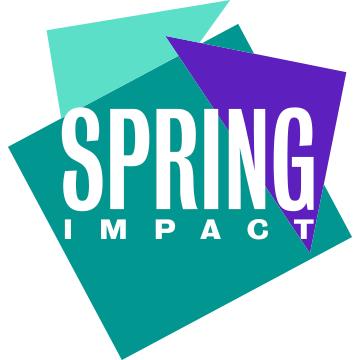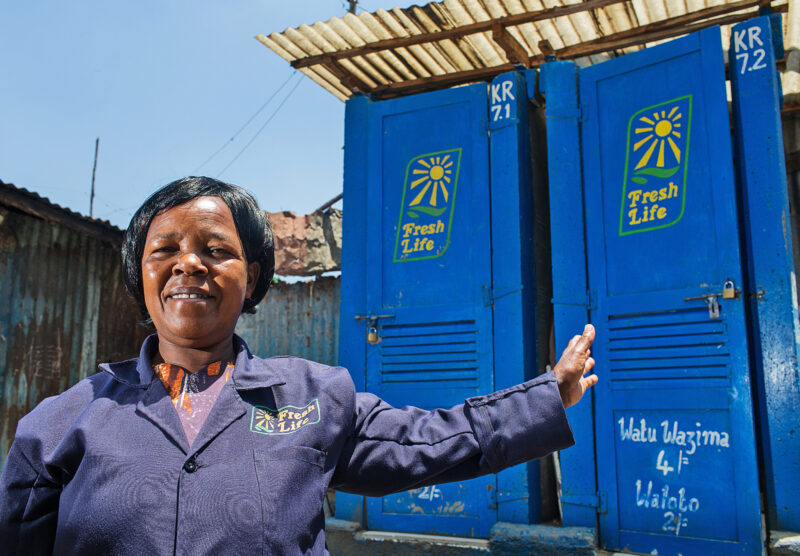At the 2024 Skoll World Forum Marmalade Festival, Spring Impact, Global Innovation Fund and Grand Challenges Canada co-hosted a side event to unpack key lessons for mission-driven organisations scaling with government. We were joined by guest speakers from Rwanda Men’s Resource Centre, Fresh Life, Water & Sanitation for the Urban Poor (WSUP) and Ilifa Labantwana, as well as a fantastic audience.
Partnering with government is a key avenue for mission-driven organisations to reach impact at scale. In fact, sometimes it can be the only way to achieve long-term sustainability and systems change. Navigating this scaling pathway is rarely straightforward, but as the speakers from our event demonstrated, it is possible.
Here, we distil the key lessons shared on the day, relevant particularly for mission-driven organisations and funders.
1. There are many different ways to scale with government:
While we often label any approach to scale that involves government as “scaling with government”, there are a wide range of forms this scale pathway can take. For many mission-driven organisations, scaling with government will mean improving the capacity and systems of government to embed and deliver a solution on an ongoing basis. For others, scaling with government will mean something different: Fresh Life for example plays a number of different roles in its work with government, including supporting government sanitation planning through participation in policy frameworks, providing data, offering advisory services and fostering collaboration between public and private stakeholders. Defining an approach to “scaling with government” helps align expectations about roles and responsibilities of both government and mission-driven organisations looking to scale impact.
The diversity of routes to scale with government also stems from the fact that government is not a monolith. In reality, working with government means working with one or more of the various entities that make up a government system (e.g. government departments, or individual states and municipalities), each of these with their own priorities and constraints that need to be considered for scaling to be successful. And of course, what works when scaling with government in one country may not work in another, presenting an additional challenge for organisations such as WSUP, who partner with governments across multiple countries in sub-Saharan Africa and Southeast Asia.


